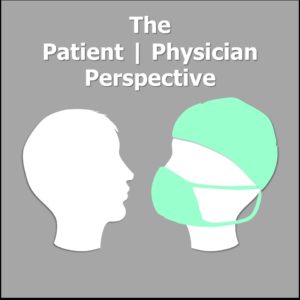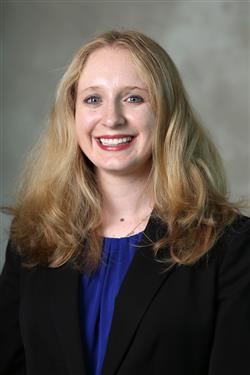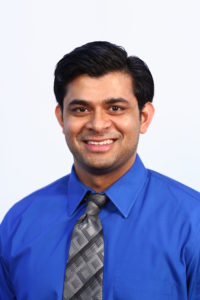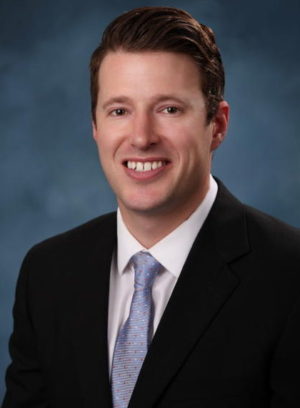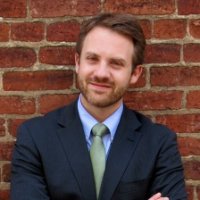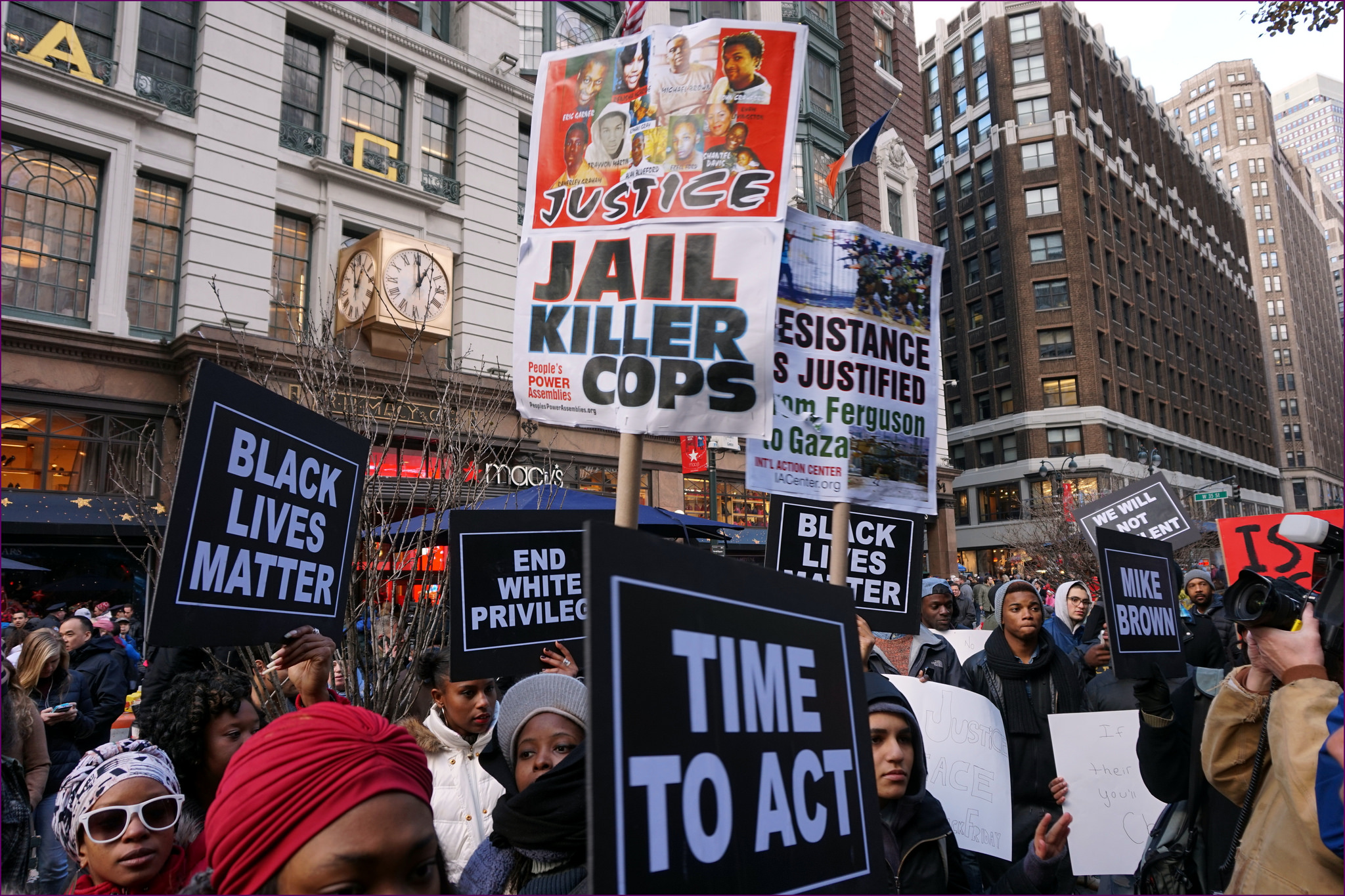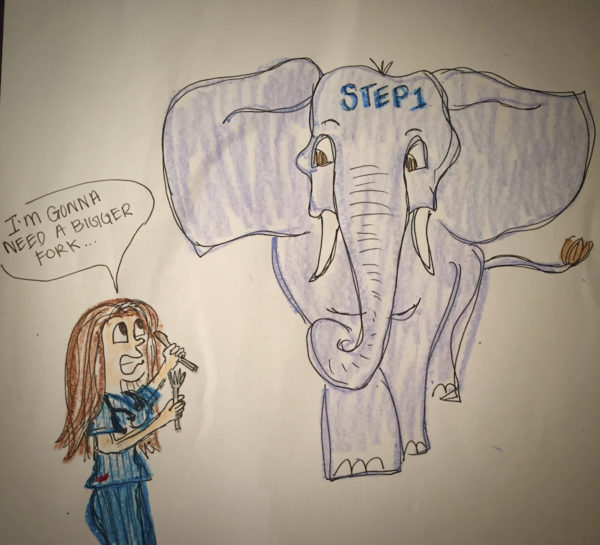On Humility
I underwent my first transsphenoidal hypophysectomy, fully believing in the capabilities of my neurosurgeon, who had years of experience and training from a reputable institution, hoping that my surgery would be a success and cure me of Cushing Disease, which had turned my life upside down in its course the past half year.

